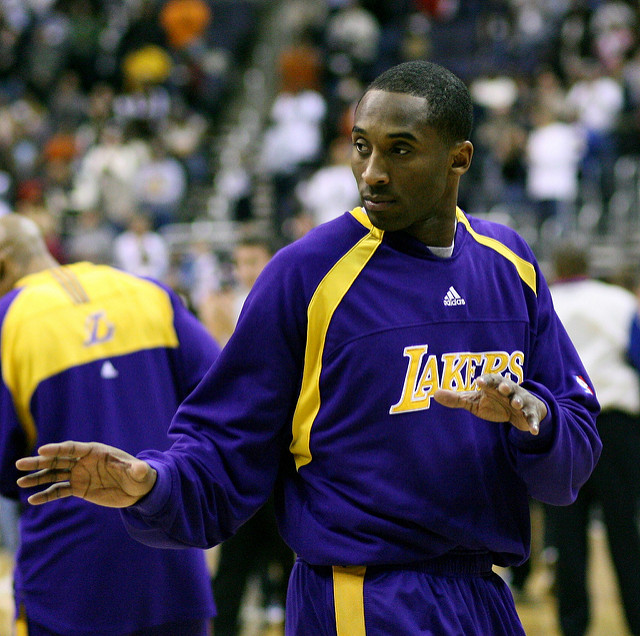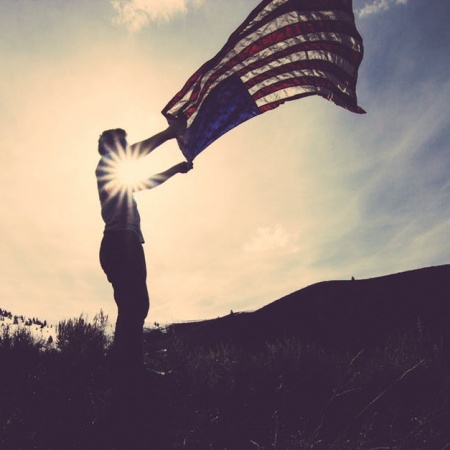Historic Handshake?
Historic handshake leads to hopes of a thaw in relations between India and Pakistan as new PM Narendra Modi shakes hands with his Pakistani counterpart at his inauguration
By Sophie Jane Evans
Since they won independence in 1947, they have been often hostile neighbours.
But now, a historic handshake between India’s new Prime Minister, Narendra Modi, and his Pakistani counterpart, Nawaz Sharif, has led to hopes of a thaw in relations between the two countries.
Mr Modi was captured shaking hands with the Mr Sharif today as he took his oath of office at India’s sprawling presidential palace in Delhi.
He was watched by thousands of guests, including politicians, business leaders and film stars, as he took his vows, administered by Indian President Pranab Mukherjee.
Surprisingly to many, his inauguration was the first to which leaders from across South Asia were invited. Heads of Government from Sri Lanka, Mauritius, Maldives, Nepal and Afghanistan attended the ceremony, while Bangladesh was represented by the speaker of its Parliament.
But despite the turnout, most eyes remained on the Prime Minister of rival Pakistan, Mr Sharif, whose visit to India was believed by many to signal an easing of tensions between the nuclear-armed neighbours.
Since their independence from Britain in 1947, Pakistan and India have fought three wars.
And in 2008, their relations were further hampered when Pakistani militants launched an attack on Mumbai, India’s financial hub, killing 166 people.
But speaking today, Mr Sharif deemed his visit ‘a chance to reach out to each other’ and ‘a great opportunity’.
In an interview with NDTV news channel, he said: ‘Both governments have a strong mandate. This could help in turning a new page in our relations.’
Mr Shariff, who was seated next to outgoing Indian Prime Minister Manmohan Singh, is due to attend formal talks with Mr Modi tomorrow.
Neelam Deo, the director of Gateway House, a foreign policy think tank in Mumbai, said the Pakistani Prime Minister’s presence at the inauguration ‘provides an opportunity to commence relations on an encouraging note’.
‘It also provides an occasion for Prime Minister Modi to lay down India’s concerns, particularly on the topic of border security and terrorism,’ said the former Indian diplomat.
During tomorrow’s talks, Mr Modi is likely to insist that Pakistan expedite investigations into the Mumbai attack and put its perpetrators on trial.
He is also likely to demand that the country takes action against Islamic militant groups operating out of Pakistan to prevent further attacks on India.
Other major problems relate to the future of Kashmir, the disputed Himalayan territory over which the countries have fought two of their three wars.
As today’s ceremony got underway, huge billboards with Mr Modi’s picture were visible outside his Hindu nationalist Bharatiya Janata Party’s office in New Delhi.
Meanwhile, enthusiastic supporters, waving the party’s saffron-and-green flag, shouted slogans hailing the new prime minister.
‘It’s an occasion for celebration for the people of the entire country who have such high expectations from the new leader,’ said Anupam Kher, a Bollywood actor and longtime supporter of the BJP.
Security was tight for the ceremony, with more than 7,000 police deployed near the presidential palace, said Mukesh Meena, a police commissioner in New Delhi.
The presidential palace was once the residence of India’s British viceroy under colonial rule.
Sharpshooters were positioned on the roofs of nearby government office buildings, and security guards in plainclothes were posted at key places, police said.
Roads leading to the palace in the heart of the city were also closed to traffic five hours before the ceremony as a security measure.
Minutes after Mr Modi was sworn in, he posted a message on his official website saying that along with the people of India and the world, his Government would work to ‘script a glorious future for India’.
‘Let us together dream of a strong, developed and inclusive India that actively engages with the global community to strengthen the cause of world peace and development,’ he said.
Mr Modi was named the new Prime Minister after the BJP won 282 seats in the 543-member lower house of Parliament – well ahead of the 272 it needed for a majority.
Analysts say the party’s success gives the leader a free hand in choosing his priorities without being constrained by coalition partners.
During the campaign, Mr Modi declared that his goals would be good governance, job creation and fighting corruption, a message that struck a chord with voters.
Economic growth has plummeted in the past few years as inflation has risen and exports have declined.
The former Congress party-run Government became paralysed by corruption scandals, internal feuding and an inability to deal with the stumbling economy and deep-rooted problems with poverty, infrastructure and education.
In an early indication that he plans to streamline the Government, Mr Modi’s office said several ministries, especially those dealing with infrastructure, will be combined to make them more efficient and reduce red tape.
16-23














2014
1,506 views
views
0
comments